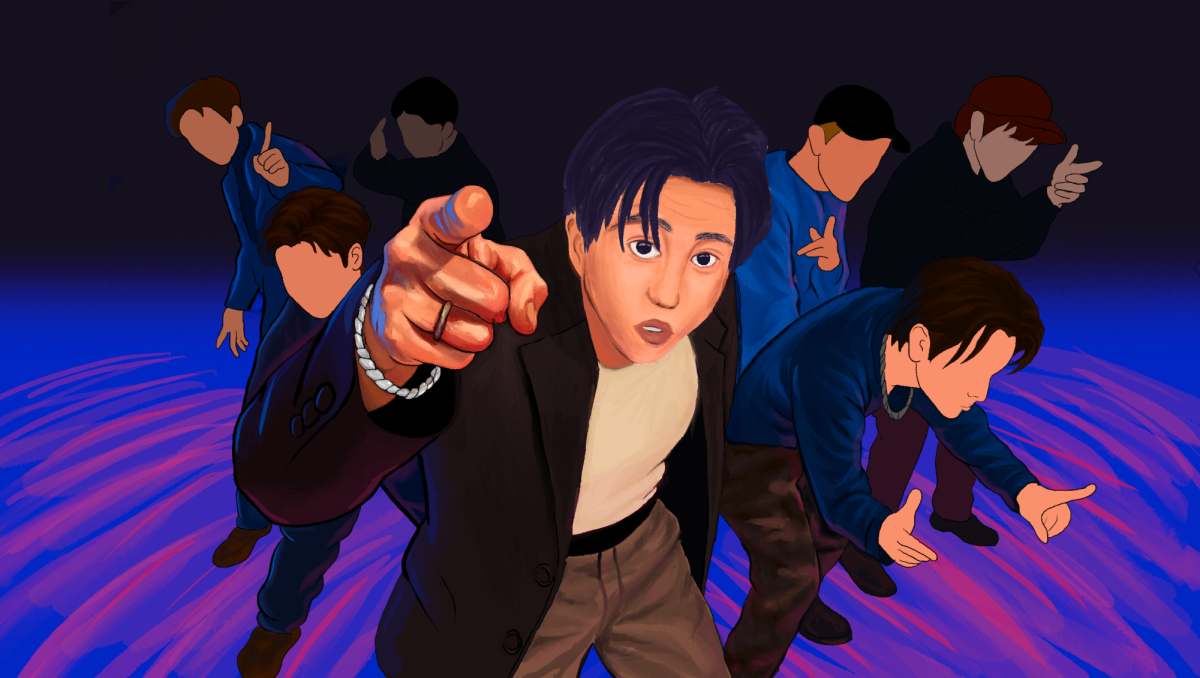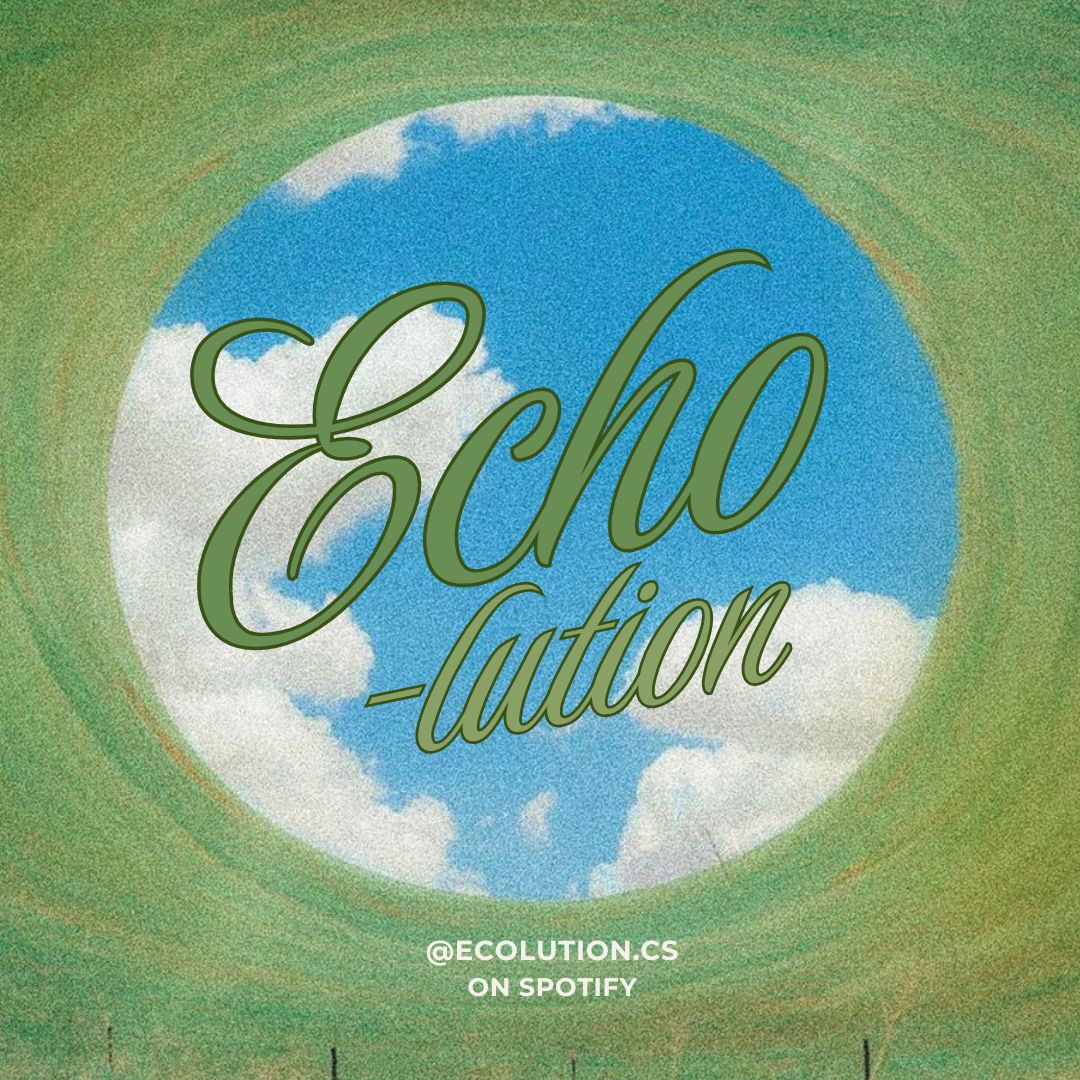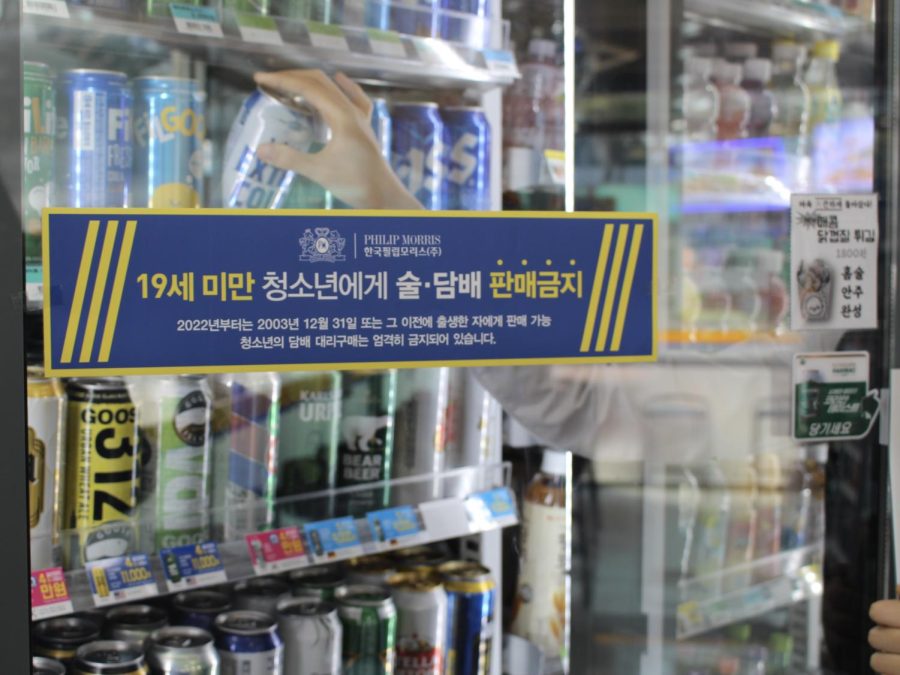Teens Buy, But Sellers Get Charged
Businesses Suspended When the Youth Buys Illegally
March 15, 2022
Around Esiapolis and Korea, teenagers smoking in the streets is a common (and unfortunate) sight to see. You might see pictures of liquor bottles or cans of beer on students’ Instagram stories, as they brag about their “daring” attempts to drink. As a person who went to a Korean school for most of my life, this isn’t surprising at all.
The legal age for drinking and smoking in Korea is 19, which means that those Instagram stories attempting to show off were actually evidence of illegal acts. Despite the illegality of these posts, I became used to them. Seeing thousands of social media accounts boasting about consuming these illicit substances desensitized me, to the point that I was normalizing these behaviors in my head.
Although there are laws that try to prevent minors from consuming nicotine and alcohol from happening, the violations still occur fairly often in Korea; in fact, the laws aren’t keeping teenagers away from dangerous byproducts with any consequences. The law that specifies the smoking and drinking age is the 「Youth Protection Act」. Under Youth Protection Act, Chapter IV, Article 28, no. 1, and it states:
“No one shall sell, lend, or distribute drugs and articles harmful to youth (including where such drugs and articles are sold, lent, or distributed through an automatic machine, unmanned vending machine, or telecommunications system) to youth or provide such drugs and articles to youth free of charge: Provided, That the foregoing shall not apply to the cases specified by Presidential Decree, in which such drugs and articles are provided for education, experiment, or medical treatment.”
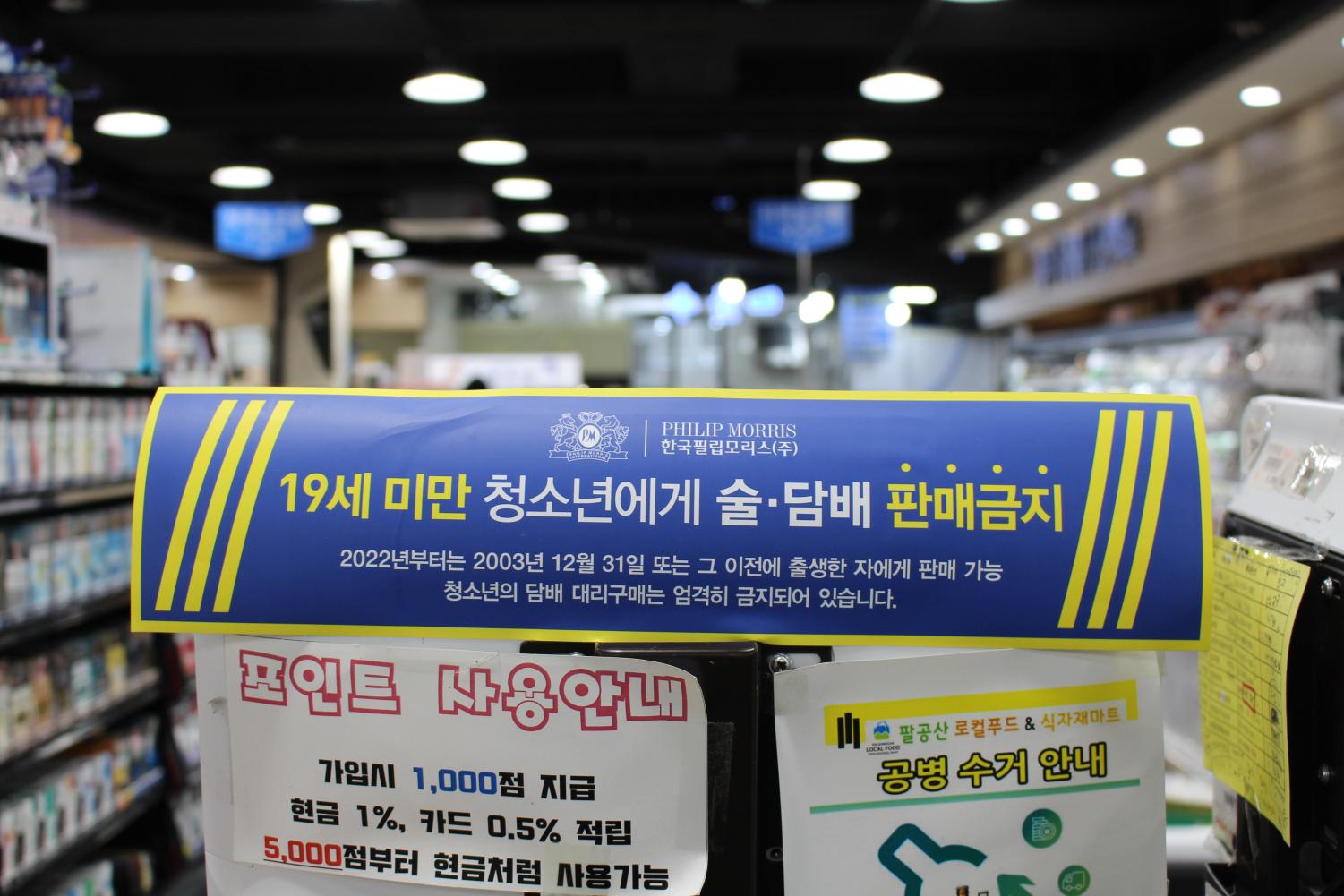
Even though the act is called “Youth Protection,” not giving any charges to teens who participate in this behavior doesn’t seem like a good way to “protect” teenagers from harmful and addictive products. All the laws regarding underage drinking, smoking, and drugs inflict consequences on the sellers only. This is problematic–why should teenagers be kept safe under this regulation, when they are the ones making the decision to buy the products?
Adolescents have even maliciously used the protection of the law to play “innocent” pranks, which in actuality, ruin the sellers’ livelihoods. They fake their identity, buy alcohol or cigarettes, and notify the store to the police saying that the store sold illegal items to teens. These minors become arrogant, believing themselves to be on top of the world because the laws aren’t stopping them from committing such deceitful actions. It is unfair that the vendors being duped are the ones getting charged, when the teens are the ones who actually violated the law.
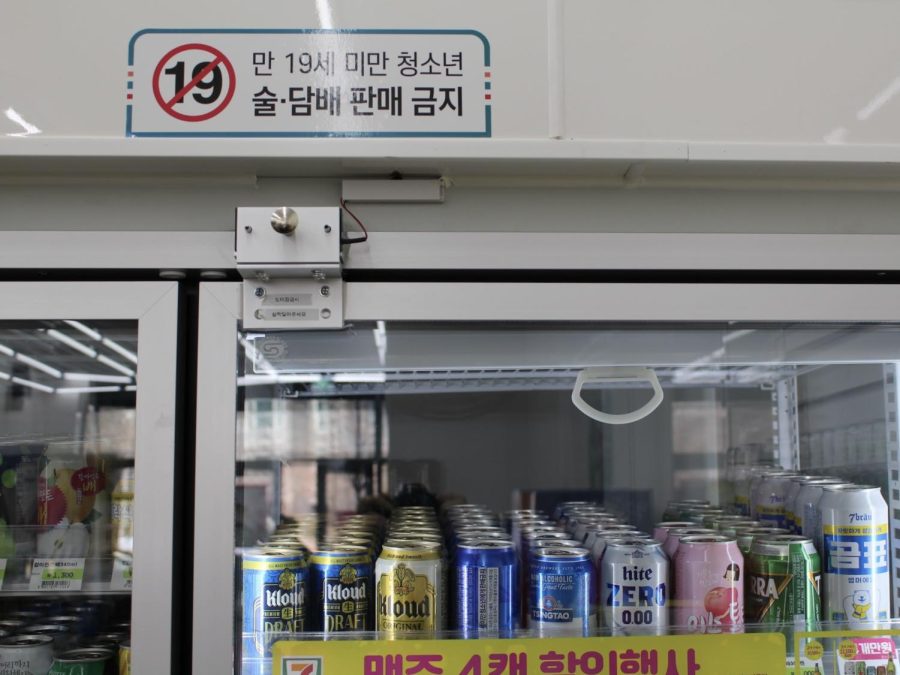
According to the Korean Food Service Industry Association, 3,339 stores were caught selling alcoholic drinks to teenagers between 2010 to 2012. In a whopping 78.4% of cases, police were sent tips from the offending teenagers themselves. Businesses caught selling inappropriate items to teenagers are suspended for 1-2 months. If the owners are purposefully allowing minors to purchase these goods, then it would make sense to charge the owners. However, the situation is unjust, seeing as the sellers are often tricked by the youth because of their sneaky methods.
Given the inequity of the law, sellers started to speak up as a form of protest. The trick most students use to fool vendors is a fake ID. According to the Korean National Police, there were 1,467 cases of teenagers faking identification cards in 2018. Often, there is no easy way for workers to identify these papers as false.
Fortunately, legislative officials understood the situation and created a new law. Beginning from July 2020, the 「Tobacco Business Act」 is in effect. This act prevents businesses from being suspended when they mistakenly sell illegal products to teenagers due to fake IDs. However, even with this act, it’s hard to prove innocence and drop unjust charges, because of the stringent requirements to prove that false identification was the reason for the illicit sale.
As a Korean teenager, I can confidently say that the laws are overprotecting teens, without understanding what’s really happening. Protecting the youth even when they disobey the law isn’t the right way to educate this generation. The purpose of legal punishment is to restrain citizens from breaking the law, and the current 「Youth Protection Act」 is letting teenagers maliciously violate the law without punishment. This is not the right way to teach the future of this nation right and wrong – it only teaches kids to get away with illegal acts scot-free.













